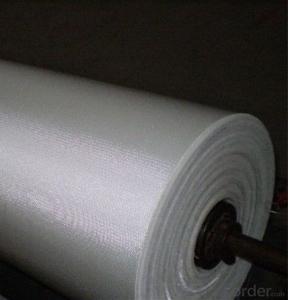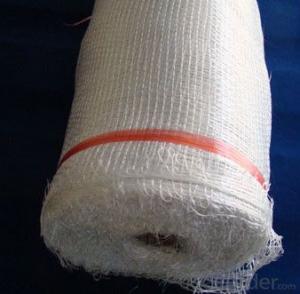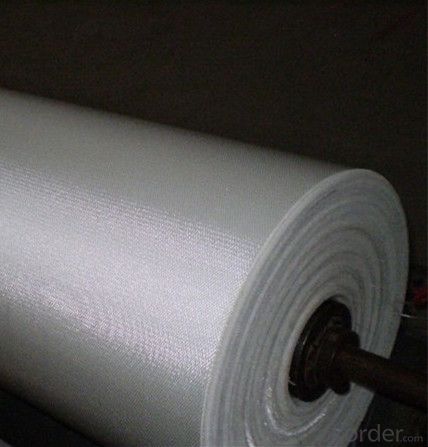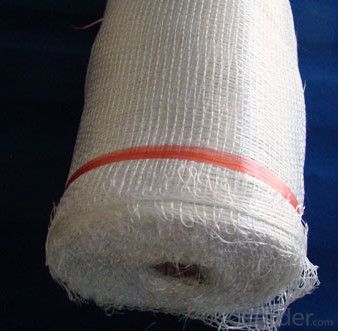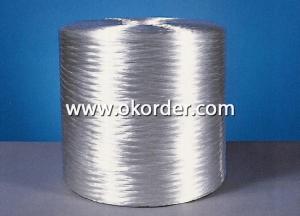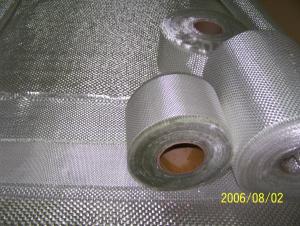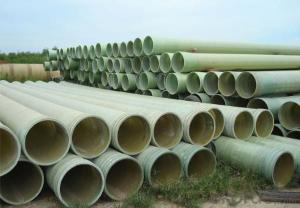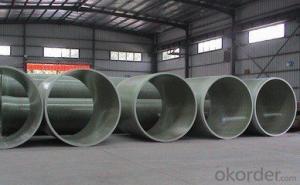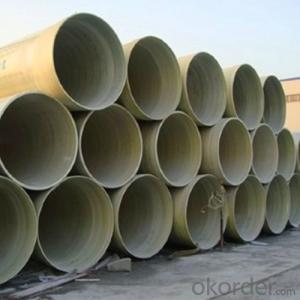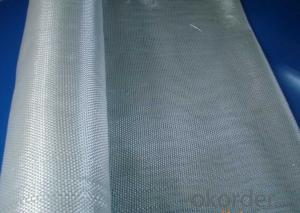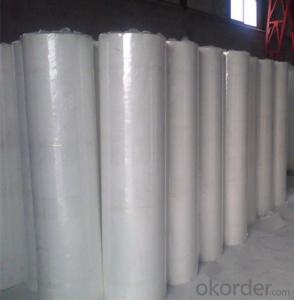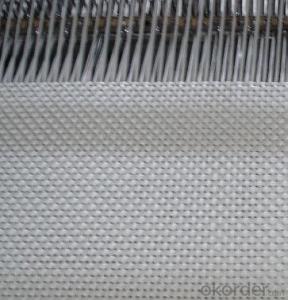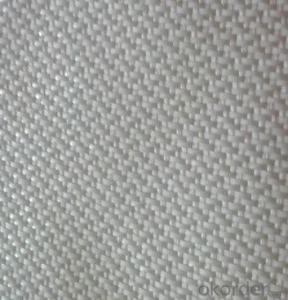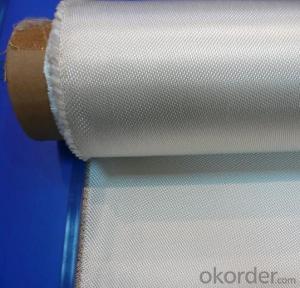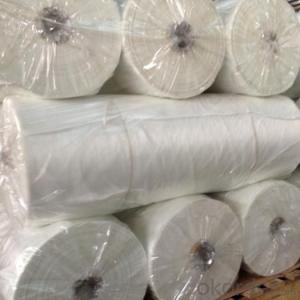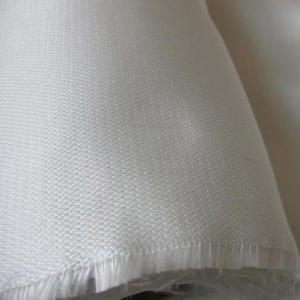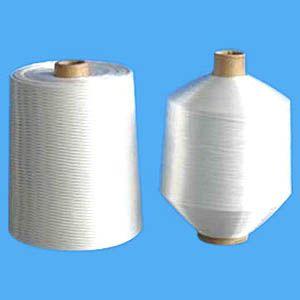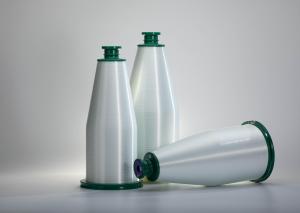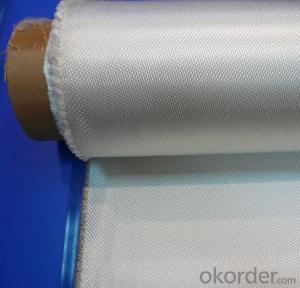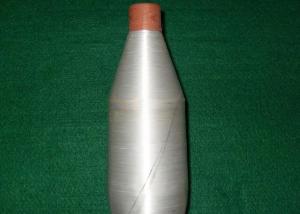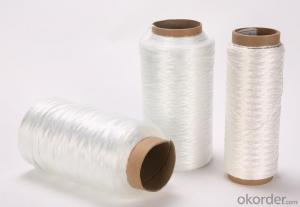Fiberglass Yarn Reinforced Fiberglass Fabric with CE Certification Wholesale
- Loading Port:
- Shanghai
- Payment Terms:
- TT OR LC
- Min Order Qty:
- 500 m²
- Supply Capability:
- 50000 m²/month
OKorder Service Pledge
OKorder Financial Service
You Might Also Like
Fiberglass Fabric with CE Certification Wholesale
Fiberglass Fabric Introduction:
Fiberglass fabric is weaved by high quality fiberglass,as a kind of engineering material,which is
many excellent characteristics:
flame-resisting,corrosion resistant,high strength,heat resistance.stable structure,good chemical resistance,durability.
Fiberglass Fabric Features:
Warp and weft yarns are parallel arrangement as flat situation, with uniform tension;
Fiber is aligned with large consistency, stable and easy operation;
Good moldability, fast and complete wet out in resins, resulting in high productivity;
Good transparency and high strength of composite products.
Fiberglass Fabric Specification:
mark | Fiber consistency(ends/ cm) |
Area weight (g/ m2) |
Thick-ness (mm) |
Width (cm) |
Length (mm) | Breaking strength(N)≥ |
weave | |||
Warp direction | Weft direction | Warp direction | Weft direction | |||||||
EW200 | 16 | 12 | 200±20 | 0.2 | 90-130 | 300-1200 | 980 | 980 | ||
EW210 | 16 | 12 | 200±20 | 0.21 | 90-130 | 300-1200 | 1080 | 1080 | Twill weave | |
Plain weave | ||||||||||
EWR360 | 3.2 | 1.8 | 354±18 | 0.35 | 50-300 | 100 | 2000 | 2000 | ||
EW280 | 16 | 10 | 280±28 | 0.26 | 90-130 | 300-1200 | 1800 | 1800 | ||
EW300 | 14 | 10 | 320±32 | 0.3 | 90-130 | 300-1200 | 1500 | 1500 | ||
EW430 | 20 | 12 | 420±42 | 0.43 | 90-130 | 300-1200 | 2000 | 2000 | Broken twill | |
EWR136 | 10 | 10 | 136±13 | 0.136 | 100 | 200 | 850 | 850 |
Plain weave | |
EWR200 | 8 | 7 | 200±20 | 0.21 | 100 | 200 | 1200 | 1200 | ||
EWR400 | 3.6 | 3.2 | 400±30 | 0.4 | 100 | 50-100 | 2500 | 2500 | ||
EWR600 | 2.6 | 2.5 | 600±50 | 0.6 | 100 | 40KG | 4000 | 4000 | ||
EWR580 | 2.5 | 2.3 | 576±29 | 0.58 | 100 | 40KG | 3850 | 3850 | ||
EWR800 | 1.8 | 1.8 | 800±60 | 0.8 | 100 | 40KG | 4600 | 4600 | ||
Product Show
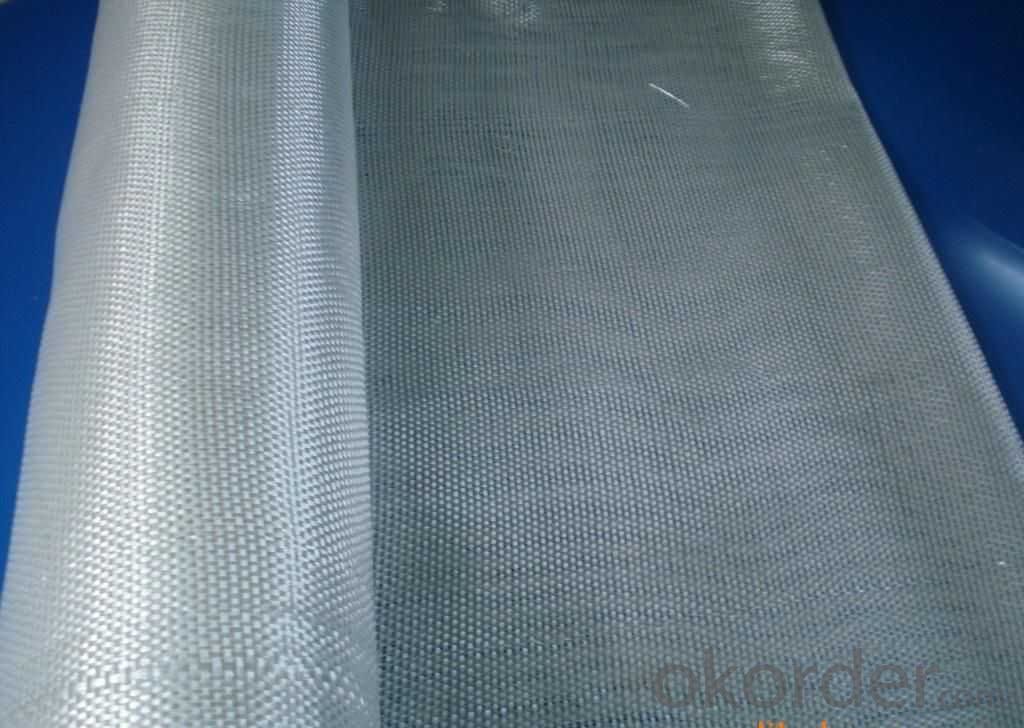
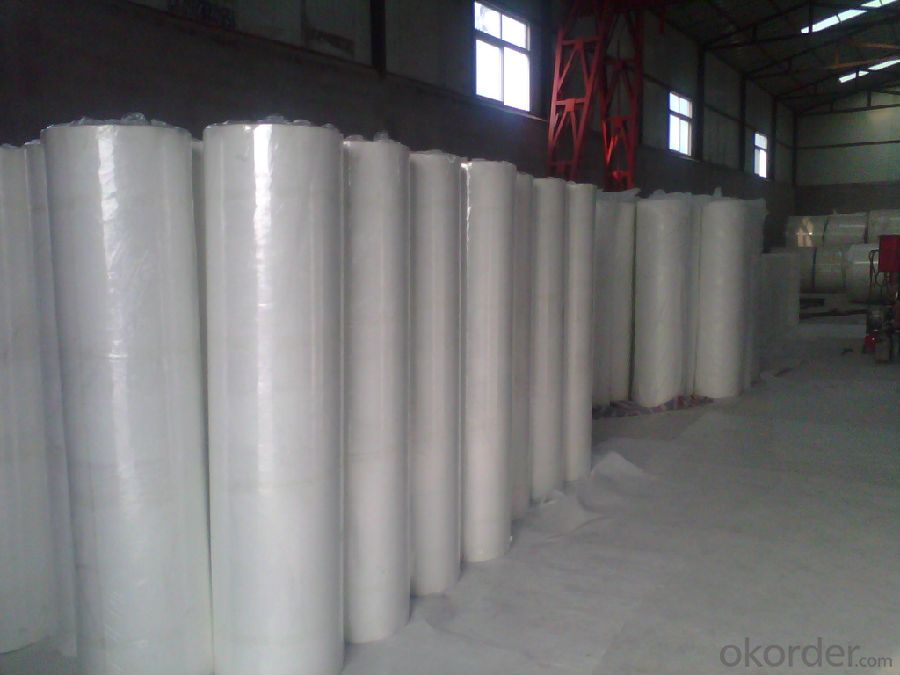
Fiberglass Fabric Usage:
E-glass woven roving is a schistose double faces reinforcement fabric that is weaved into from roving in directly.
E-glass fiber fabric (thin fabrics with thickness from 0.025 to 0.09mm) is suitable for electrical isolation mica product, wax cloth as the reinforcement materials.
E-glass woven roving applys to all kinds of polyester reinforcement system, (such as unsaturated polyester resin, vinylite,epoxy resin and phenolic resin.
E-glass woven roving is a high performance reinforcement material. It is widely used in hand lay-up and machinery processing products, (such as vessel, container, airplane and vehicle component, furniture, athletic facilities and other industry.
FAQ
1.Package of Fiberglass Fabric?
Fiberglass fabric is wound on a paper tube with inner diameters of 50. 8, 76 or 152mm. Each roll is wrapped in a plastic bag, then to be packed in a carton box. The rolls are to be horizontally placed.
Width (cm): 90, 100, 127
Length (m): 100, 200, 300, 400
2.Storage of Fiberglass Fabric?
Store rolls in a cool, dry location
Protect rolls from weather and other damage.
3.If sample available if needed?
We aim to offer our customer best Products&Service,samples are allowed if necessary.
- Q: Is fiberglass yarn resistant to mechanical damage?
- Yes, fiberglass yarn is generally resistant to mechanical damage. It has high tensile strength and excellent dimensional stability, making it highly durable and resistant to tearing or breaking under mechanical stress.
- Q: How does the stiffness of fiberglass yarn affect its performance?
- The performance of fiberglass yarn is significantly impacted by its stiffness. Stiffness refers to the yarn's resistance to bending or flexibility. When fiberglass yarn has higher stiffness, it becomes a more rigid and less flexible material. This rigidity enables the yarn to maintain its shape and offer better structural support. Thus, fiberglass yarns with high stiffness are commonly utilized in situations where strength and stability are crucial, such as in constructing buildings, bridges, and aerospace components. Conversely, when fiberglass yarn has lower stiffness, it becomes more flexible. This flexibility proves advantageous in applications where the yarn needs to conform to intricate shapes or be woven into fabrics. As a result, fiberglass yarns with lower stiffness find frequent use in manufacturing textiles, composites, and reinforcements for various consumer products. It is worth noting that manufacturers can adjust the stiffness of fiberglass yarn during the production process by modifying the composition and processing conditions. This allows them to tailor the stiffness of the yarn to meet specific requirements for different applications. In conclusion, the performance of fiberglass yarn is directly influenced by its stiffness. Higher stiffness provides rigidity and strength, while lower stiffness allows for flexibility and adaptability. The choice of stiffness depends on the intended application and the specific performance requirements of the product.
- Q: Is fiberglass yarn suitable for use in automotive body panels?
- Yes, fiberglass yarn is suitable for use in automotive body panels. It is a strong and lightweight material that offers excellent resistance to corrosion and impact, making it ideal for reinforcing and strengthening automotive body panels. Additionally, fiberglass yarn has good dimensional stability and can be easily molded into complex shapes, further enhancing its suitability for use in automotive applications.
- Q: Can fiberglass yarn be used in the production of industrial fabrics?
- Yes, fiberglass yarn can be used in the production of industrial fabrics. Fiberglass yarn is known for its high strength and durability, making it suitable for various industrial applications. It is commonly used in the production of industrial fabrics such as filtration fabrics, insulation fabrics, and reinforcement fabrics. These fabrics are used in a wide range of industries including automotive, aerospace, construction, and energy. Fiberglass yarn provides excellent resistance to heat, chemicals, and abrasion, making it ideal for demanding industrial environments. Additionally, it offers good dimensional stability and has a low thermal conductivity, making it a reliable choice for industrial fabric production.
- Q: How does fiberglass yarn perform in sound insulation?
- Fiberglass yarn performs exceptionally well in sound insulation due to its high density and excellent sound absorption properties. It effectively traps and absorbs sound waves, reducing noise transmission and improving overall acoustics in various applications such as walls, ceilings, and panels.
- Q: Can fiberglass yarn be used in ballistic applications?
- Yes, fiberglass yarn can be used in ballistic applications. Fiberglass yarn is known for its high strength-to-weight ratio, making it an ideal material for applications that require resistance to high impact and penetration, such as ballistic protection. The yarn's inherent properties, such as its high tensile strength and excellent energy absorption capabilities, make it effective in stopping projectiles and reducing their impact. Additionally, fiberglass yarn can be woven or layered into fabrics or composites, providing flexibility in design and enhancing its ballistic properties. Its resistance to heat and chemicals further contribute to its suitability for ballistic applications. Overall, the use of fiberglass yarn in ballistic applications offers enhanced protection and durability.
- Q: Can fiberglass yarn be used in medical textiles?
- Indeed, medical textiles can incorporate fiberglass yarn due to its exceptional strength and ability to withstand heat, chemicals, and moisture. These remarkable qualities render it appropriate for a range of medical uses, including wound dressings, surgical gowns, and medical implants. Fabrics woven or knitted from fiberglass yarn offer outstanding mechanical support and longevity. Moreover, the yarn can be treated with antimicrobial substances to prevent infections. Nevertheless, it is crucial to exercise caution to prevent potential hazards linked to fiberglass utilization, such as skin irritation or inhalation of fibers.
- Q: Can fiberglass yarn be used in the production of industrial fabrics?
- Yes, fiberglass yarn can be used in the production of industrial fabrics. Fiberglass yarn is known for its high strength and durability, making it suitable for various industrial applications. It is commonly used in the production of industrial fabrics such as filtration fabrics, insulation fabrics, and reinforcement fabrics. These fabrics are used in a wide range of industries including automotive, aerospace, construction, and energy. Fiberglass yarn provides excellent resistance to heat, chemicals, and abrasion, making it ideal for demanding industrial environments. Additionally, it offers good dimensional stability and has a low thermal conductivity, making it a reliable choice for industrial fabric production.
- Q: Can fiberglass yarn be used in sports equipment?
- Yes, fiberglass yarn can be used in sports equipment. It is commonly used in the manufacturing of composite materials for various sports equipment such as hockey sticks, tennis rackets, and even helmets. The fiberglass yarn provides strength, durability, and flexibility, making it suitable for enhancing the performance and safety of sports equipment.
- Q: Is fiberglass yarn suitable for outdoor use?
- Indeed, fiberglass yarn proves to be a suitable option for outdoor utilization. Renowned for its robustness and ability to withstand diverse weather conditions, fiberglass emerges as a favored choice for outdoor applications. Its exceptional resistance to moisture, UV rays, and extreme temperatures endows it with the capability to uphold its strength and performance over an extended period. Moreover, the lightweight nature of fiberglass yarn enables effortless integration into fabrics or utilization as reinforcement in composite materials, thus exhibiting its versatility across an extensive array of outdoor products such as awnings, tents, outdoor furniture, as well as boat or aircraft components. The combination of its resilience in confronting harsh outdoor environments and its enduring attributes establishes fiberglass yarn as a dependable choice for outdoor purposes.
Send your message to us
Fiberglass Yarn Reinforced Fiberglass Fabric with CE Certification Wholesale
- Loading Port:
- Shanghai
- Payment Terms:
- TT OR LC
- Min Order Qty:
- 500 m²
- Supply Capability:
- 50000 m²/month
OKorder Service Pledge
OKorder Financial Service
Similar products
Hot products
Hot Searches
Related keywords
